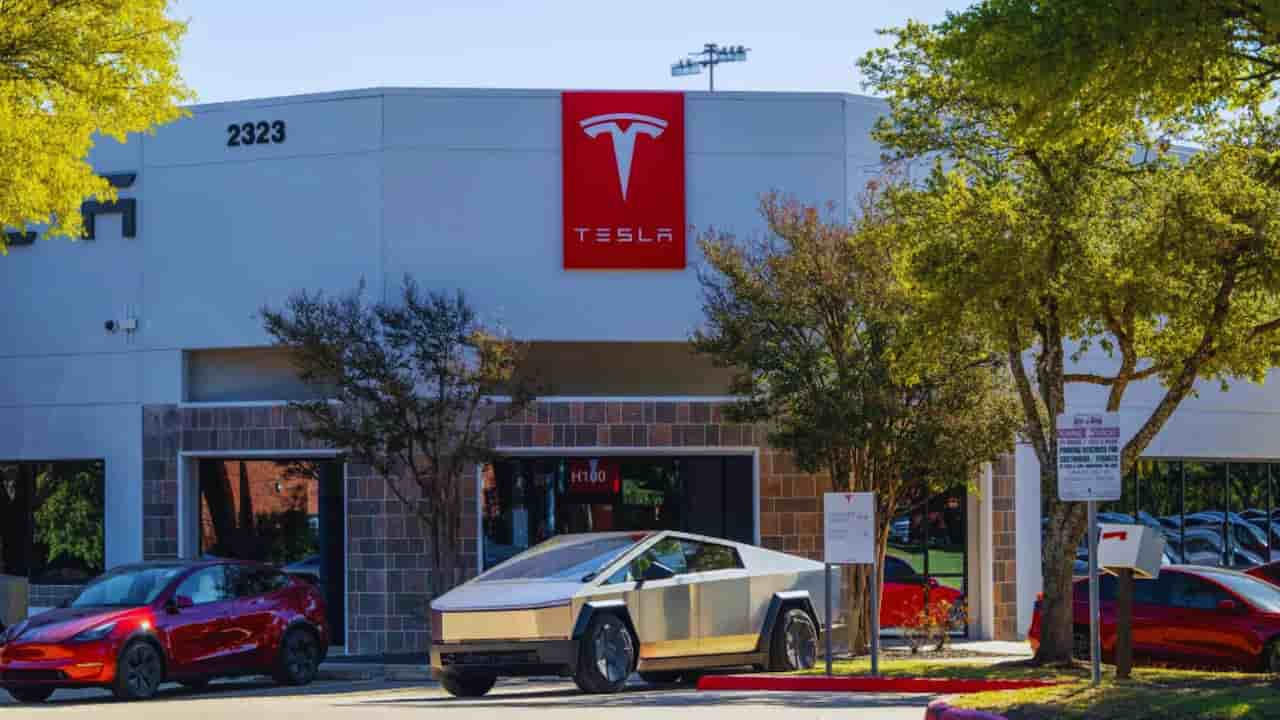Tesla’s Potential Triumph: Trump’s Plan to End EV Tax Credits Reshapes Auto Industry
President-elect Donald Trump’s transition team is actively exploring the elimination of the $7,500 electric vehicle tax credit, a significant development that is causing significant shockwaves in the automotive industry. This move could dramatically reshape the EV market landscape, with Tesla and Elon Musk potentially emerging as unexpected beneficiaries.
The Current State of Play
The existing tax credit, a cornerstone of President Biden’s climate initiatives, offers buyers up to $7,500 for new electric vehicles and $4,000 for used ones. These credits have been crucial in making EVs more affordable for average Americans, with specific income limits ensuring broader accessibility:
- $300,000 for joint filers
- $225,000 for heads of households
- $150,000 for single filers
A Tale of Two Perspectives
Elon Musk, Tesla’s CEO and a prominent Trump supporter, has taken a surprisingly favorable stance toward ending the credits. “Remove the subsidies,” Musk said on X, asserting that it will only benefit Tesla. His confidence stems from Tesla’s unique position as the only profitable EV maker in America.
Meanwhile, traditional automakers are raising concerns. The Alliance for Automotive Innovation, representing 42 car companies, warns that ending the credits could harm American competitiveness and potentially benefit Chinese manufacturers. Jennifer Granholm, Biden’s energy secretary, echoes these concerns, warning that eliminating the credits risks “ceding territory to other countries, particularly China.”
The Tesla Advantage
Tesla’s potential gain from this policy shift stems from several key factors:
- Established production scale
- Extensive charging network
- Proven profitability in EV manufacturing
- The reliance on tax credits for sales has decreased.
Unlike competitors such as Ford and GM, who admit to losing money on each EV sold, Tesla has achieved economies of scale that allow it to remain profitable even without subsidies. This financial strength could become a decisive advantage if the tax credits disappear.
Political and Cultural Dimensions
The debate over EV tax credits has evolved beyond pure economics into a cultural flashpoint. Republicans, including Representative Marjorie Taylor Greene, have framed EVs as symbols of Democratic policy overreach. However, Trump’s stance has shown some nuance lately, particularly as his relationship with Musk has grown closer.
Implementation Challenges and Timeline
While Trump can’t unilaterally end the tax credits established by the Inflation Reduction Act, his administration could:
- Eliminate credits for leased vehicles through new guidance.
- Remove informational resources about credit availability.
- Support congressional efforts to repeal credits through reconciliation.
Industry Impact and Market Response
The market has already begun reacting to these developments. While Tesla’s stock initially dropped on the news, analysts like Dan Ives of Wedbush Securities suggest the company’s “scale and scope” could help it “further fend off competition from Detroit” without the credits.
Looking Ahead
For consumers considering an EV purchase, the uncertainty surrounding the tax credits creates a clear timeline for action. Political observers suggest making purchases before January to ensure access to current incentives.
The potential end of EV tax credits represents a pivotal moment in America’s transition to electric vehicles. While Tesla may emerge stronger, the broader impact on EV adoption and American manufacturing competitiveness remains uncertain. As the auto industry continues its electric transformation, the success of this shift may increasingly depend on market forces rather than government incentives.
This evolving situation highlights the complex interplay between policy, technology, and market dynamics in shaping the future of transportation. As we move forward, the true test will be whether the American EV industry can maintain its momentum without the support of federal tax credits.
